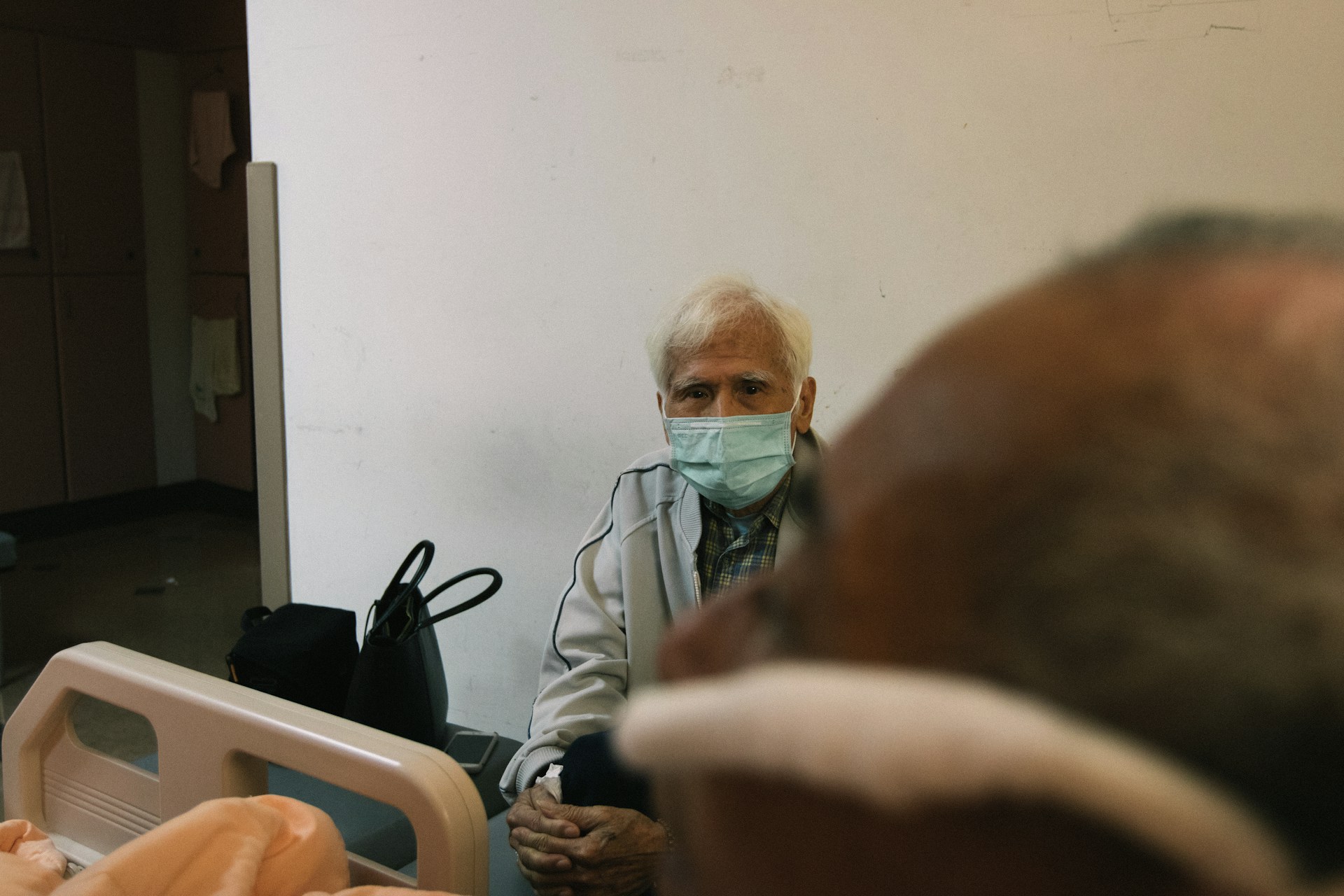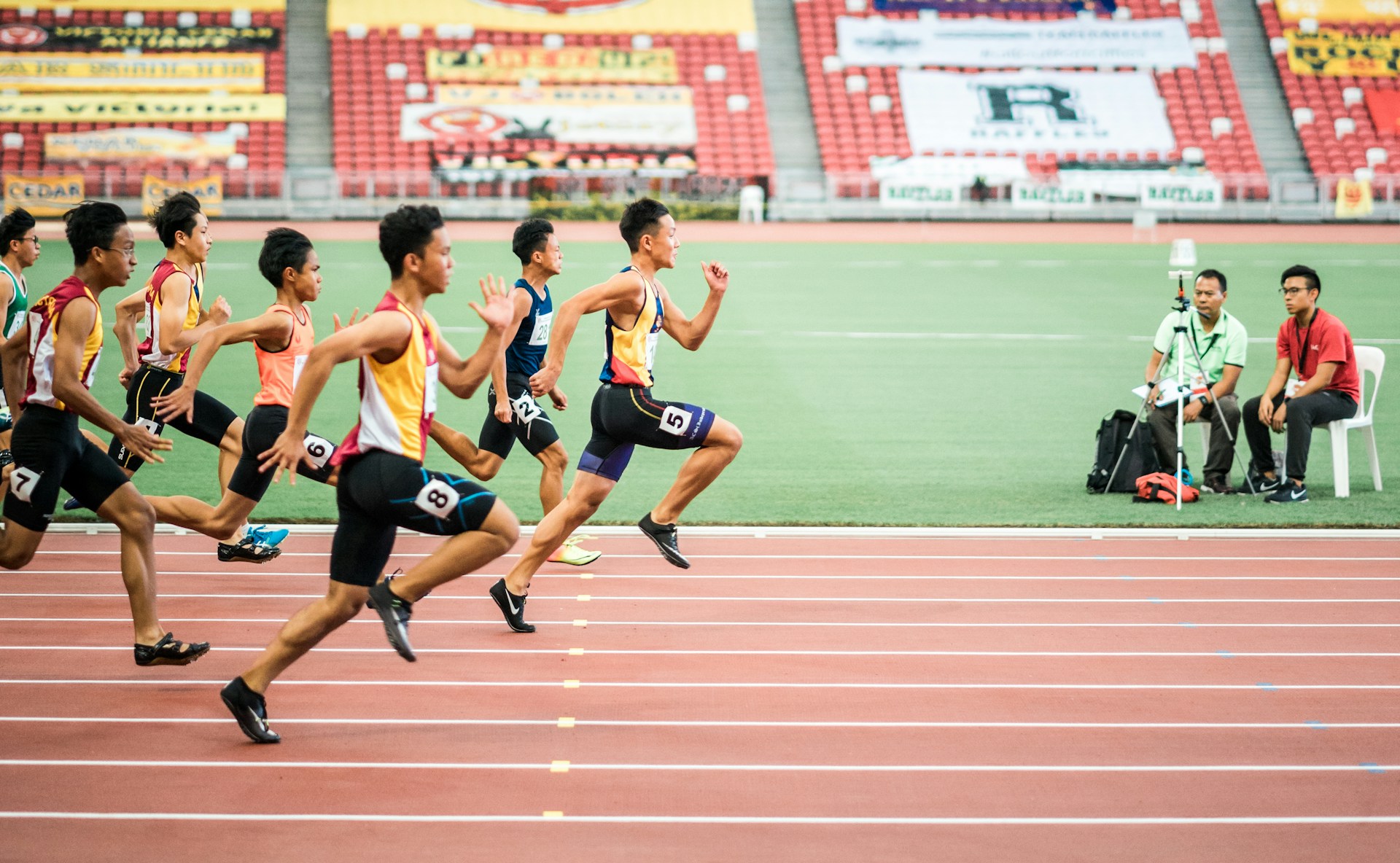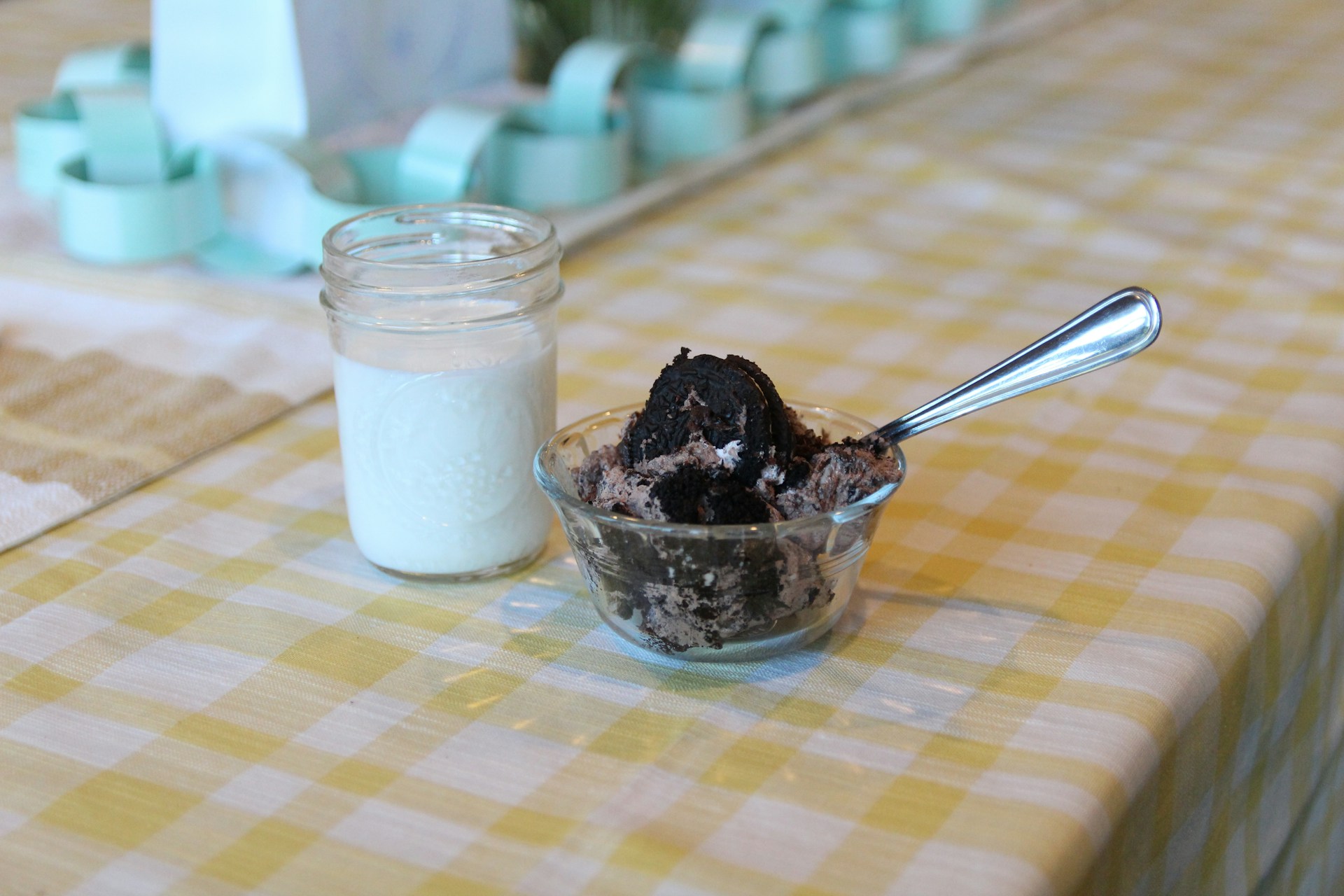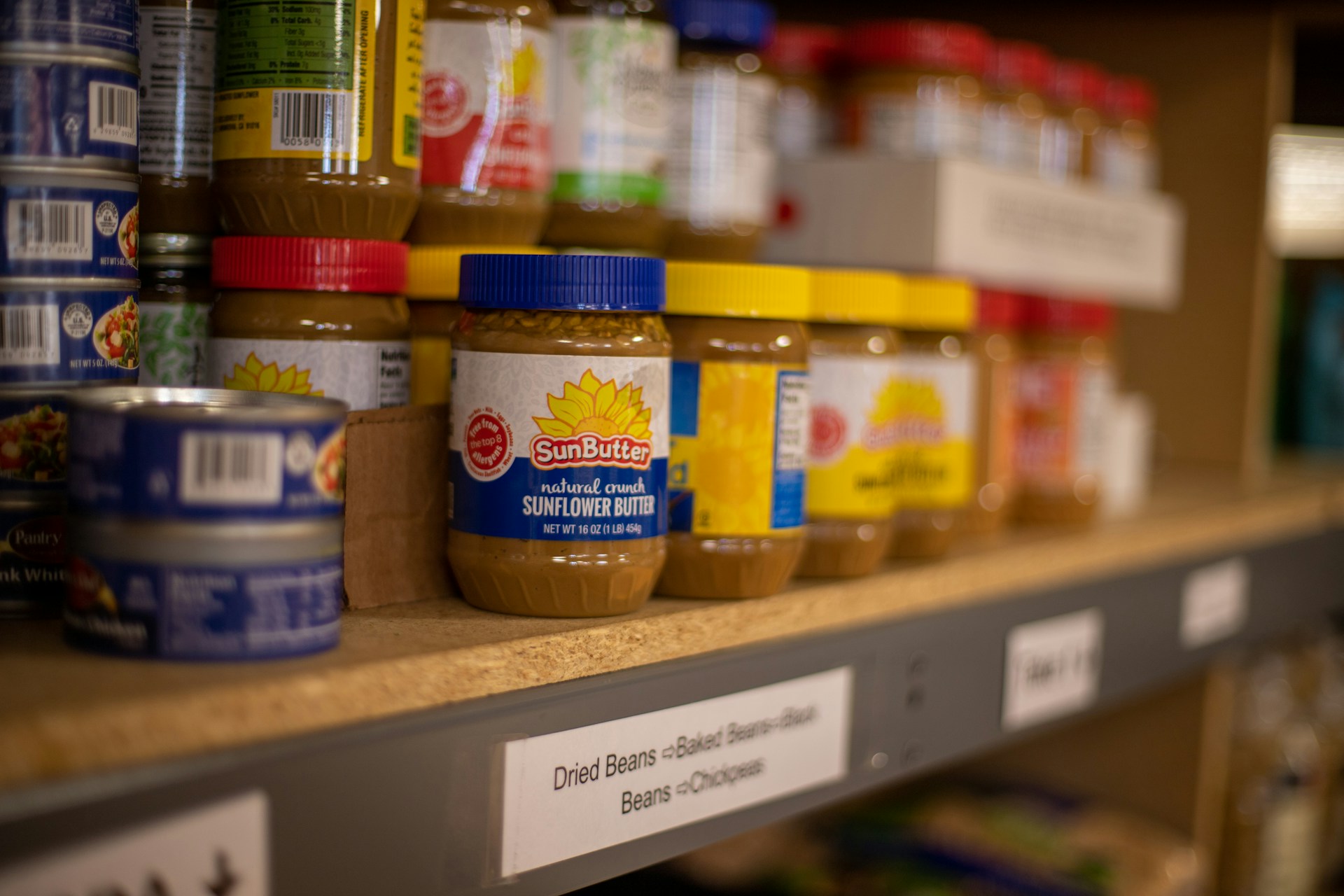Nutrition Class Intervention with the Emotional Demonstration Method on the Nutritional Status of Underweight Toddlers During the Covid-19 Pandemic in West Lombok Regency
Intervensi Kelas Gizi Metode Emo Demo terhadap Status Gizi Balita Underweight Pada Masa Pandemi Covid-19 di Kabupaten Lombok Barat
Downloads
Background: One of Covid-19 impacts was the lowering community economic level. This phenomenon affected the ability of purchasing better food. SSGI Data (2021), presented that 22.4% of toddlers in the NTB Province were categorized underweight. West Lombok Regency were the first rank from tenth regencies in NTB for underweight prevalence toddlers (20,26%). Underweight were caused by inadequate breastfeeding, erroneous of MP-ASI given, and several infectious desease.
Purpose: This study aimed to determinee the effect of emo-demo nutritional education on thee underweight toddler's nutrition status during the Covid-19 pandemic in West Lombok Regency.
Methods: This quantitative research was a Quasi-Experimental with Pre-Post Control Design. This research was conducted from June to August 2022. The total sample were 32 people whom divided into control and experiment groups based on inclusion criteria; toddlers aged 6-59 months, underweight toddlers cared by their mothers, Respondents were from Batu Kuta Village, West Lombok Regency Purposive sampling were used to gather the data. Data were analyzed using paired sample t test and multiple linear regression.
Results: The results showed that the underweight toddler's nutrition status gained after nutritional class intervention using emo-demo method. There were 68.8% of toddlers with heavy weight based on the BB/U index (p=0.000), 87.5% of toddlers with normal weight based on the TB/U index (p=0.000) and 75% of toddlers with fair based on nutritional status nutrition index BB/TB (p=0.686).
Conclusion: The nutrition class intervention gained the nutritional status of underweight toddlers based on the BB/U and TB/U indices during the Covid-19 pandemic in West Lombok Regency.
Taslim, N.A., Primana, D.A., Wijayanto, Rani, N.A., Marniar, Bamahry, A., Faradilah, A., Virani, D. Protokol Klinis dan Panduan Penyusunan Menu untuk ODP,PDP, Pasien COVID-19 dan Nakes. (Penerbit Perhimpunan Dokter spesialis Gizi Klinik Indonesia,2020)
Amirullah, A., Putra, A.T.A. & Al Kahar, A.A.D. Deskripsi Status Gizi Anak Usia 3 sampai 5 Tahun pada Masa Covid-19. Jurnal Pendidikan Anak Usia Dini. 1,16-2 (2020)
Kementerian Kesehatan Republik Indonesia (Kemenkes RI). Buku Saku Hasil Studi Status Gizi Indonesia Tingkat Nasional Provinsi dan Kabupaten/Kota Tahun 2021. (Penerbit Kementerian Kesehatan Republik Indonesia, 2021) Diakses dari https://www.litbang.kemkes.go.id/buku-saku-hasil-studi-status-gizi-indonesia-ssgi-tahun-2021
Seksi Gizi dan Promosi Kesehatan, Dinas Kesehatan Provinsi NTB. Status Gizi Balita Berdasarkan Indeks BB/U, TB/U, dan BB/TB Menurut Kecamatan dan Puskesmas Provinsi Nusa Tenggara Barat. (2021). Diakses dari https://data.ntbprov.go.id/search/field_topic/kesehatan-4
Hati, G. & Adi, I.R. Kajian Permasalahan Dan Potensi Perilaku Ibu Dalam Pemberian Makanan Bagi Anak Dalam Kaitannya Pada Kualitas Hidup Anak Yang Tidak Berkecukupan Gizi Di Keluarga Miskin Perkotaan. Depok. (Universitas Indonesia, 2015)
Kurniawati, E. Hubungan Tingkat Pengetahuan Ibu Tentang Gizi Dengan Status Gizi Balita di Kelurahan Baledono, Kecamatan Purworejo, Kabupaten Purworejo. Jurnal Kesehatan Masyarakat.1 (2019).
Guled, R.A., Mamat, N.M. & Belachew, T. Effect of Nutrition Education Intervention on Knowledge Attitude and Practice of Mothers/caregivers on Infant and young child feeding in Shabelle (Gode) Zone, Somali Region, Eastern Ethiopia. Revelation and Science Journal. 8, 51-59 (2018).
Rakhmawati, N.Z. & Panunggal, B. Hubungan Pengetahuan Dan Sikap Ibu Dengan Perilaku Ibu Dalam Pemberian Makanan Anak Usia 12-24 Bulan. Journal of Nutrition College. 3, 43-50 (2014)
Nuh, M. Hubungan Antara Pengetahuan Dan Sikap, Perilaku Pemberian Makanan Pendamping ASI Pada Balita Usia 6-24 Bulan Di Puskesmas Padang Bulan. (Fakultas Kedokteran Universitas Sumatra Utara, 2017)
Mohammed, E.A.I., Taha, Z. & Shommo, S.A.M. Effectiveness of a Nutrition Education Program in Improving Mothers' Knowledge and Feeding Practices of Infants and Young Children in Sudan. Journal of Medical Sciences. 10, 776-782 (2022)
Utomo, N.N., Nugraheni, S.A. & Rahfiludin, M.Z. Pengaruh Pendidikan Gizi Terhadap Pengetahuan Dan Praktik Ibu Dalam Pemberian Makan Balita Gizi Kurang. Jurnal Kesehatan Masyarakat. 7, 156-165 (2019).
Septiani, B.D.S., Nurmaningsih. & Nisa, S.H. Pengaruh Edukasi Gizi dengan Metode Emotional Demonstration terhadap Pengetahuan Ibu dalam Pemberian Makan Balita Gizi Kurang. Medika: Jurnal Ilmiah Kesehatan. 1, 9-16 (2021)
Sugiyono. Statistika Untuk Penelitian. Bandung: Alfabeta (Penerbit Alfabeta,2017).
Kementerian Kesehatan Republik Indonesia. Peraturan Menteri Kesehatan Republik Indonesia Nomor 2 tahun 2020 Tentang Standar Antropometri Anak. (2020).
Pratiwi,R.H.,Suyatno.,Aruben,R. Faktor-faktor yang berhubungan dengan berat kurang (Underweight) pada Balita di perkotaan dan perdesaan di Indonesia berdasarkan Data Riskesdas tahun 2013. Jurnal Kesehatan Masyarakat (e-Journal). 3, 127-13 (2015).
Diniyyah, S.R. & Nindya, T.S. Asupan Energi, Protein dan lemak dengan Kejadian Gizi Kurang pada Balita Usia 24-59 bulan di Desa Sui, Gresik. Jurnal Amerta Nutrition. 341-350 (2017)
Pasek, A.S. 2019. Evaluasi Kelas Gizi Terhadap Kejadian Balita Gizi Kurang di Puskesmas Karang Taliwang Kota Mataram. Sintesa Prosiding 89-102 (Universitas Dhyana Pura, 2019)
Septiani, B.D.S., Nurmaningsih. & Nisa,S.H. Pengaruh Edukasi Gizi dengan Metode Emotional Demonstration terhadap Perilaku Ibu dalam Pemberian Makan Balita Gizi Kurang. Jambura Journal of Health Sciences and Research. 3, 241-249 (2021).
Septiani, B.D.S., Nurmaningsih. & Nisa,S.H. Penyuluhan Gizi Seimbang pada Ibu Balita Gizi Kurang di Desa Beleke Kabupaten Lombok Barat. Jurnal Pengabdian Kesehatan Masyarakat (JPKM).2, 192-199 (2021).
Zakiyyah, M., Natalia, M.S. & Ekasari,T. Pengaruh Emo Demo Terhadap Pemberian Menu MP-ASI pada Baduta. Jurnal Ilmiah Kebidanan. 7, 42-47 (2020).
Salam, A., Suhaema, Sulendri, N.K.S. & Jannah, M. Pengaruh Kelas Gizi Berbasis Positive Deviance Terhadap Peningkatan Pengetahuan, Sikap dan Perilaku Ibu Balita di Bawah Garis Merah (BGM) di Desa Mantang Kecamatan Batukliang Kabupaten Lombok Tengah. Jurnal Kesehatan Prima. 9, 1412-141 (2015).
Taufiqurrahman & Masthalina, H. Pengaruh Kelas Gizi Terhadap Pengetahuan, Sikap, Tindakan, Pola Asuh Ibu dan Berat Badan Balita Di Dalam Penanganan Masalah Gizi Kurang. Poltekkes Kemenkes Mataram. 1-14 (2012).
Nuraini, I & Waroh,Y.K. Pelatihan Pengaturan Porsi Makan Balita Melalui Metode Emotional Demonstration sebagai Upaya Mencegah Stunting. Jurnal Pengabdian Masyarakat Ipteks. 7, 271-275 (2021).
Copyright (c) 2022 Amerta Nutrition

This work is licensed under a Creative Commons Attribution-ShareAlike 4.0 International License.
AMERTA NUTR by Unair is licensed under a Creative Commons Attribution-ShareAlike 4.0 International License.
1. The journal allows the author to hold the copyright of the article without restrictions.
2. The journal allows the author(s) to retain publishing rights without restrictions
3. The legal formal aspect of journal publication accessibility refers to Creative Commons Attribution Share-Alike (CC BY-SA).
4. The Creative Commons Attribution Share-Alike (CC BY-SA) license allows re-distribution and re-use of a licensed work on the conditions that the creator is appropriately credited and that any derivative work is made available under "the same, similar or a compatible license”. Other than the conditions mentioned above, the editorial board is not responsible for copyright violation.












































